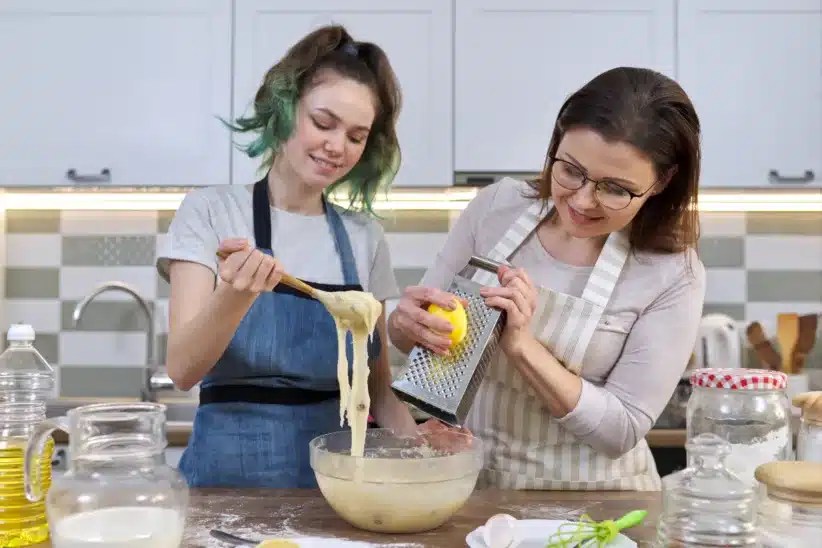When it comes to the question of whether or not vitamin supplements are necessary for their children, a lot of parents are conflicted. One school of thought is: As long as my child has a balanced and healthy diet, he doesn’t need supplements. The other school of thought is: Whether he needs it or not, giving my child a multivitamin is an insurance policy. The truth is, both sides have the right idea.
First and foremost, you should always do your best to meet all of your child’s nutrition requirements from food. Taking a multivitamin will never make up for having a poor diet. A diet rich in a variety of whole, unprocessed, natural foods is the ideal place to get the wide array of nutrients your child’s growing body requires.
The problem is that it can be a challenge getting your child to consume a nice variety of fruits, vegetables, whole grains, and lean meats. Many kids are picky eaters. For some children, getting them to try new foods can be like pulling teeth — and they need those teeth to eat those Brussels sprouts! Also, with our busy schedules, understandably, it can be difficult to find the time to prepare a well-balanced meal. (I hate to be the bearer of bad news, but anything involving a microwave does not count!) To fill in the gaps, I recommend supplements.
Another issue is that a lot of our foods nowadays are grown in nutrient-depleted soil, and the animals that are fed these foods are nutrient deficient as well. So, consuming these foods doesn’t guarantee that you are getting the nutrients you expect.
A solution to this problem is to exclusively consume foods that are organic and come from sustainable farms. This can be expensive, and in some areas, not an option.
Even if you are able to sustain a diet of only organic foods, not all organic foods are ideal. Some organic foods come from large industrial farms where soil quality is not a priority. Again, I recommend supplements to fill in the gaps.
What about the naysayers? One fear of those opposed to supplements is that their children may get too much of certain vitamins. While vitamin toxicity is possible, it is rare. To avoid overdosing, find a multivitamin that provides no more than 50 percent of the adult Recommended Dietary Allowances for major vitamins and minerals.
Once a child reaches age 12, a full adult dosage is okay as long as your health care professional agrees. (Make sure to consult with your pediatrician if your child has a unique health issue.) Another way to avoid accidental overdose is to keep vitamins out of reach of your children. Some vitamins are tasty, and kids might think of them as candy.
When choosing a vitamin for your child, be aware that a lot of the products on the market are of poor quality. If you’re going to supplement, do your homework.
Find a high-quality vitamin that is not synthetic, but rather is sourced from whole foods. These can be a bit more expensive due to the cost of using proper ingredients, mixing them, and packaging them in an ideal way, but it is essential to use high-quality vitamins. This is not the place to skimp.
Food, and the nutrients it provides, is fundamental for growing children to lead a healthy life. Unfortunately, many foods today don’t provide us with everything we need to live the healthiest life we can.
It’s up to parents to supplement that food for their children.
So, in essence, both sides have it right. While you should try to get all the nutrients your child needs from a balanced and healthy diet, it might not be possible, and so, it’s a good idea to ensure that your child is getting everything he needs in order to be as healthy as possible by supplementing with a multivitamin. A quality vitamin is a great insurance policy.
Justin Noble is a certified nutrition coach, children’s book author. He lives in New York City, withe his wife Le-Anne, with whom he created the website MyBod





















